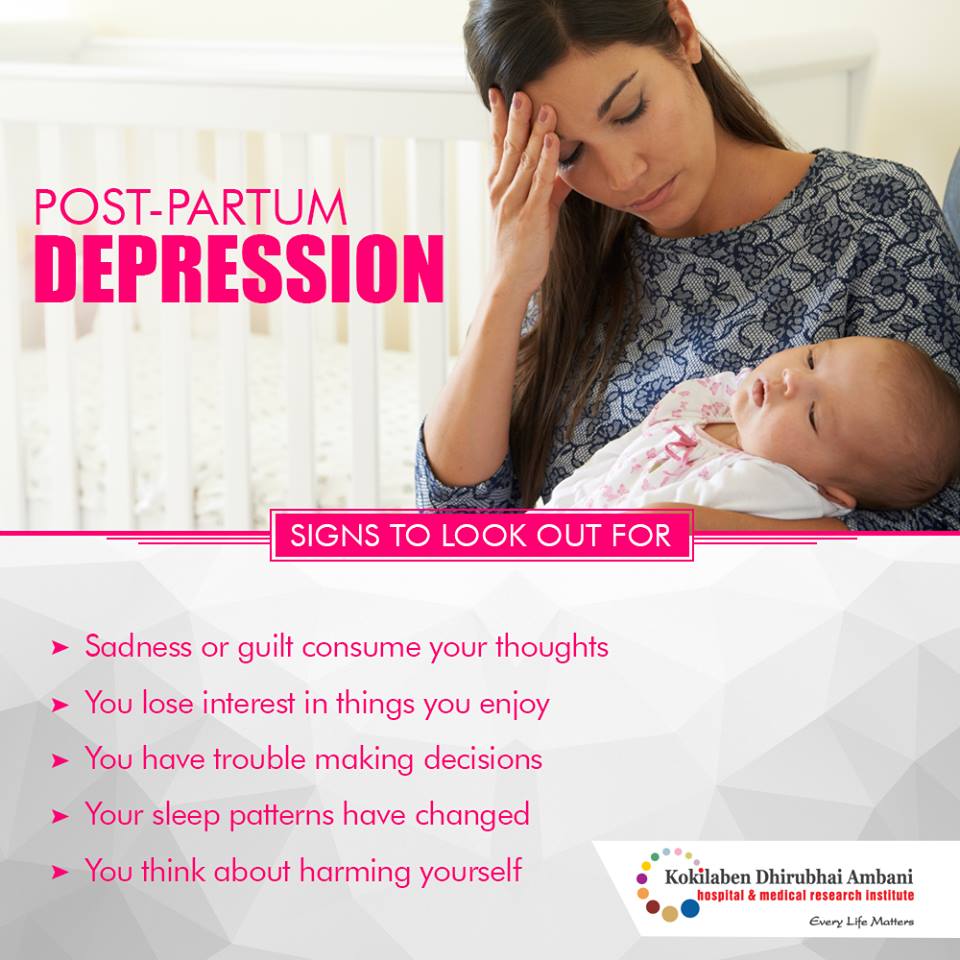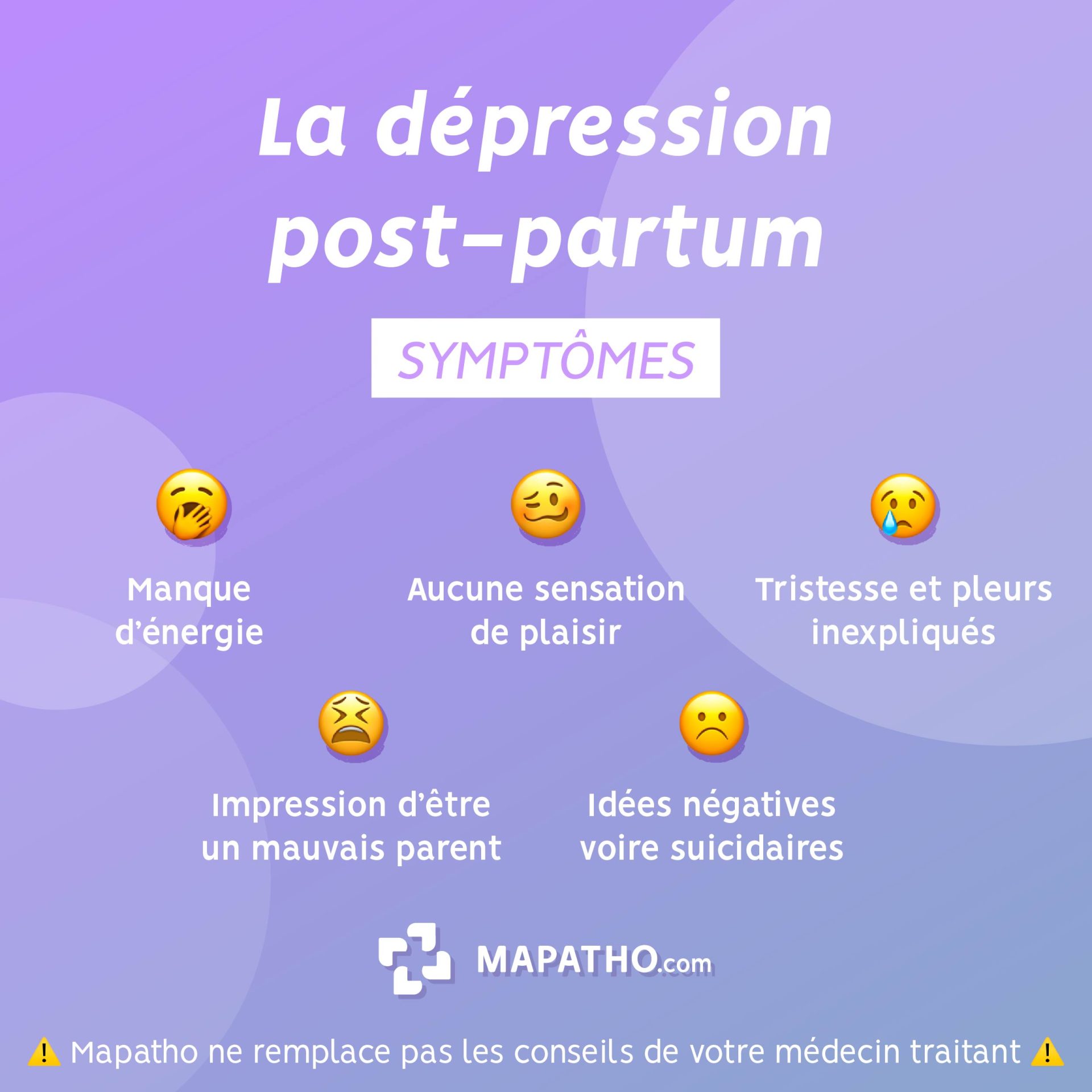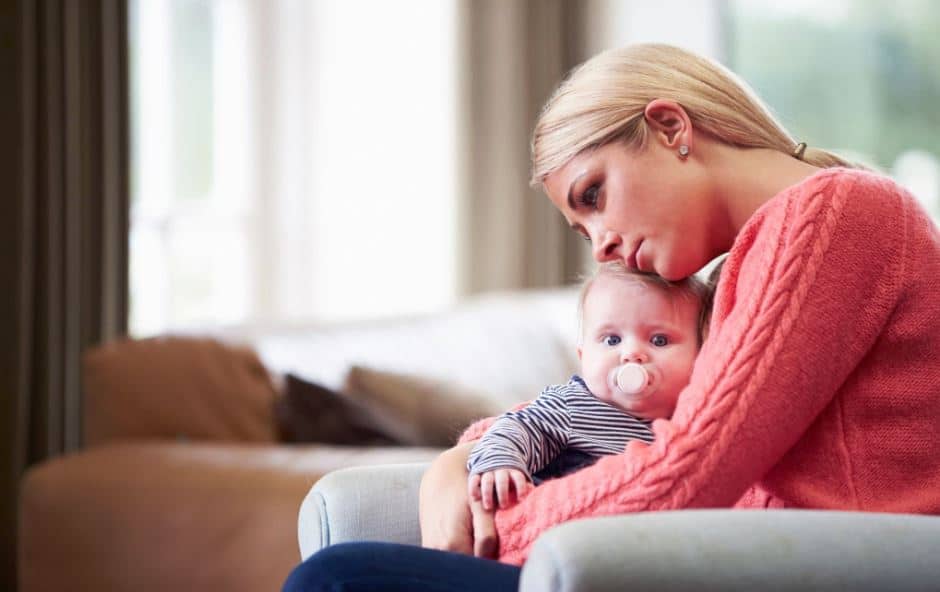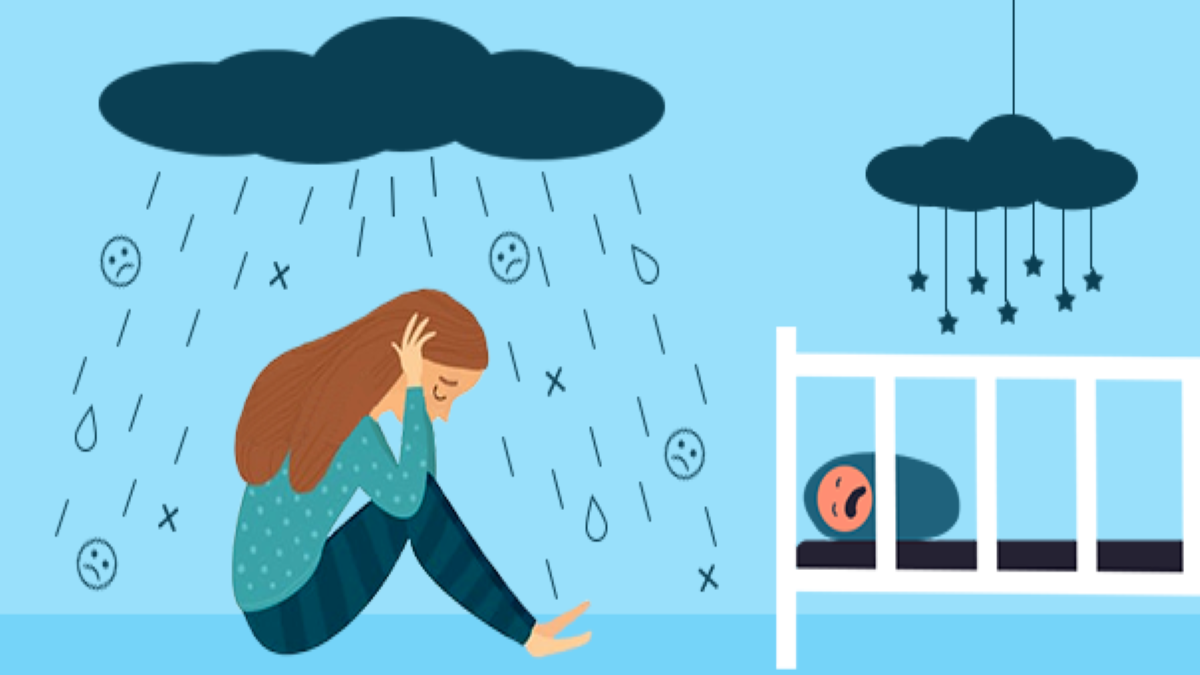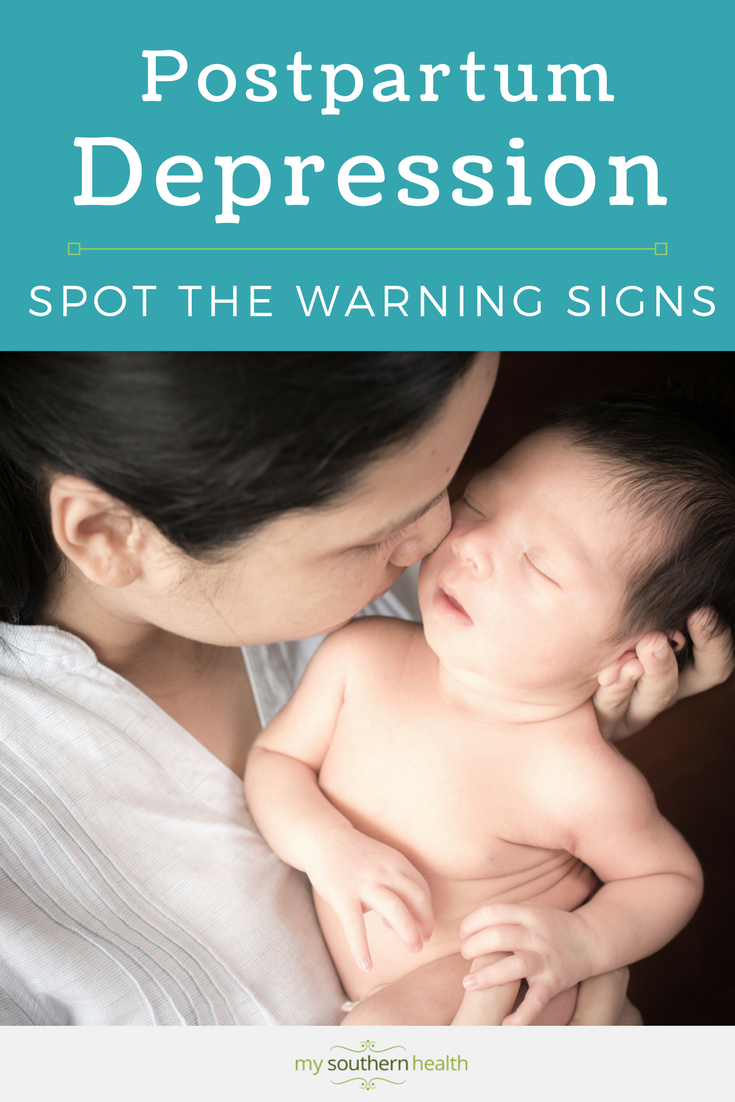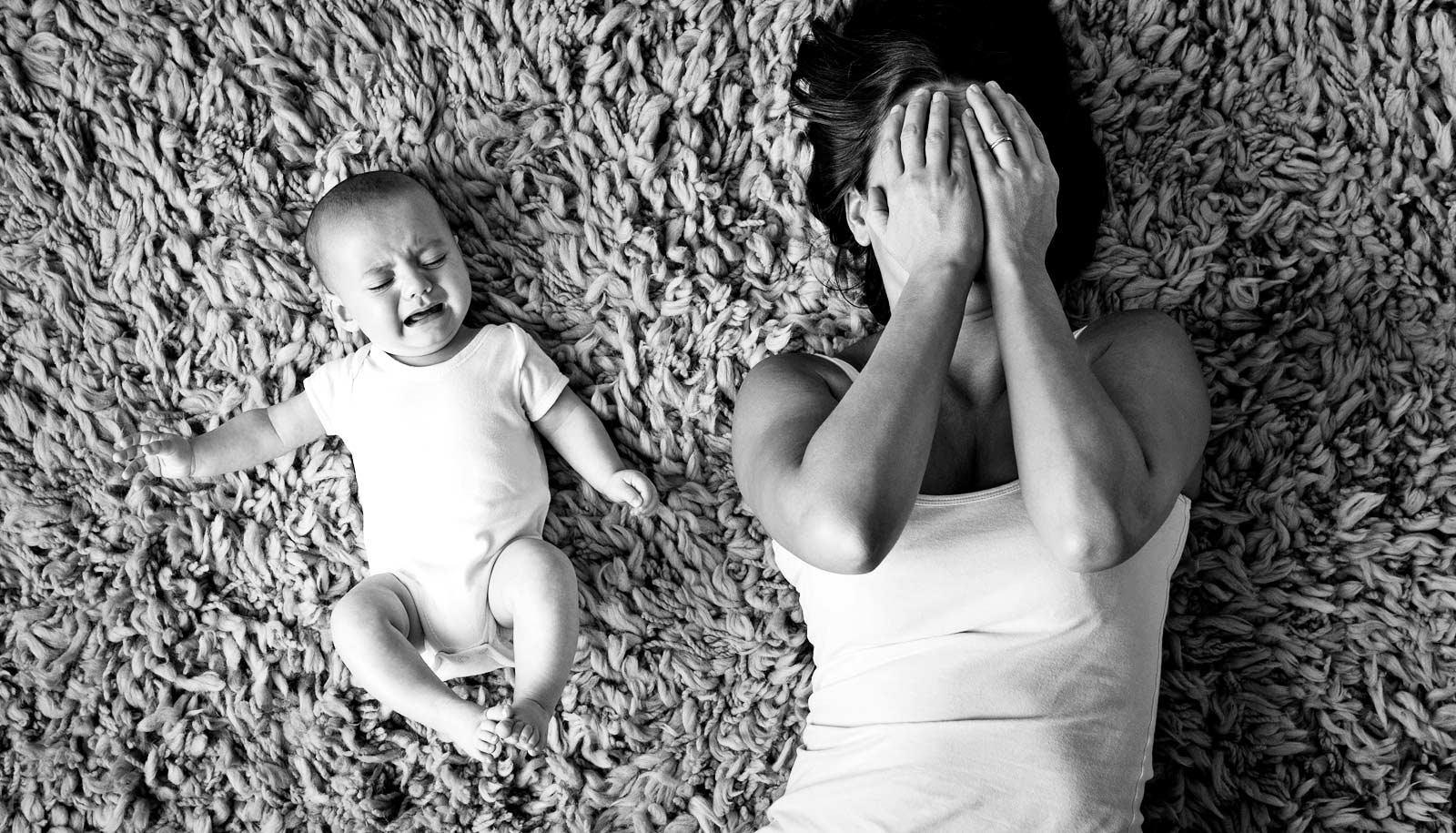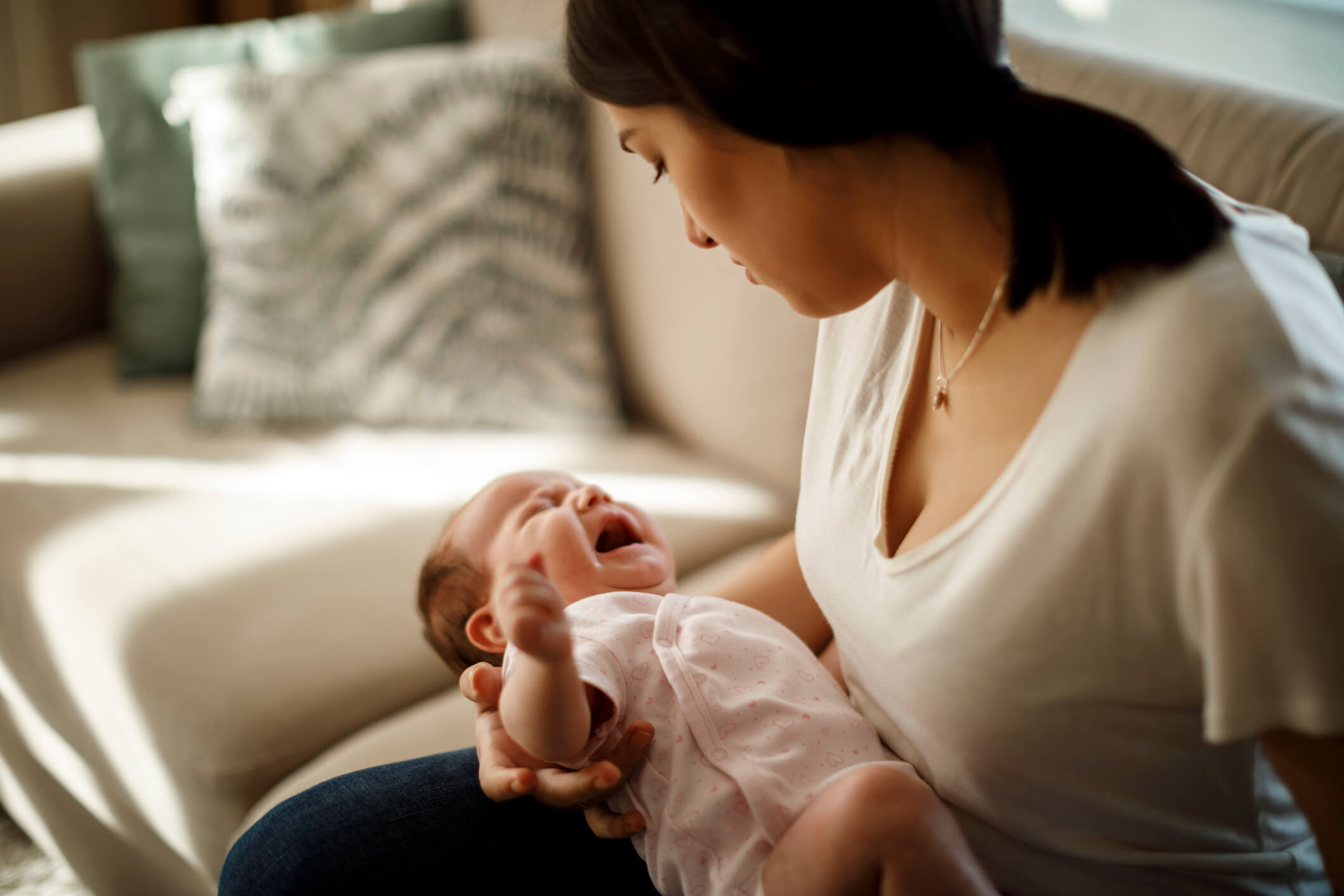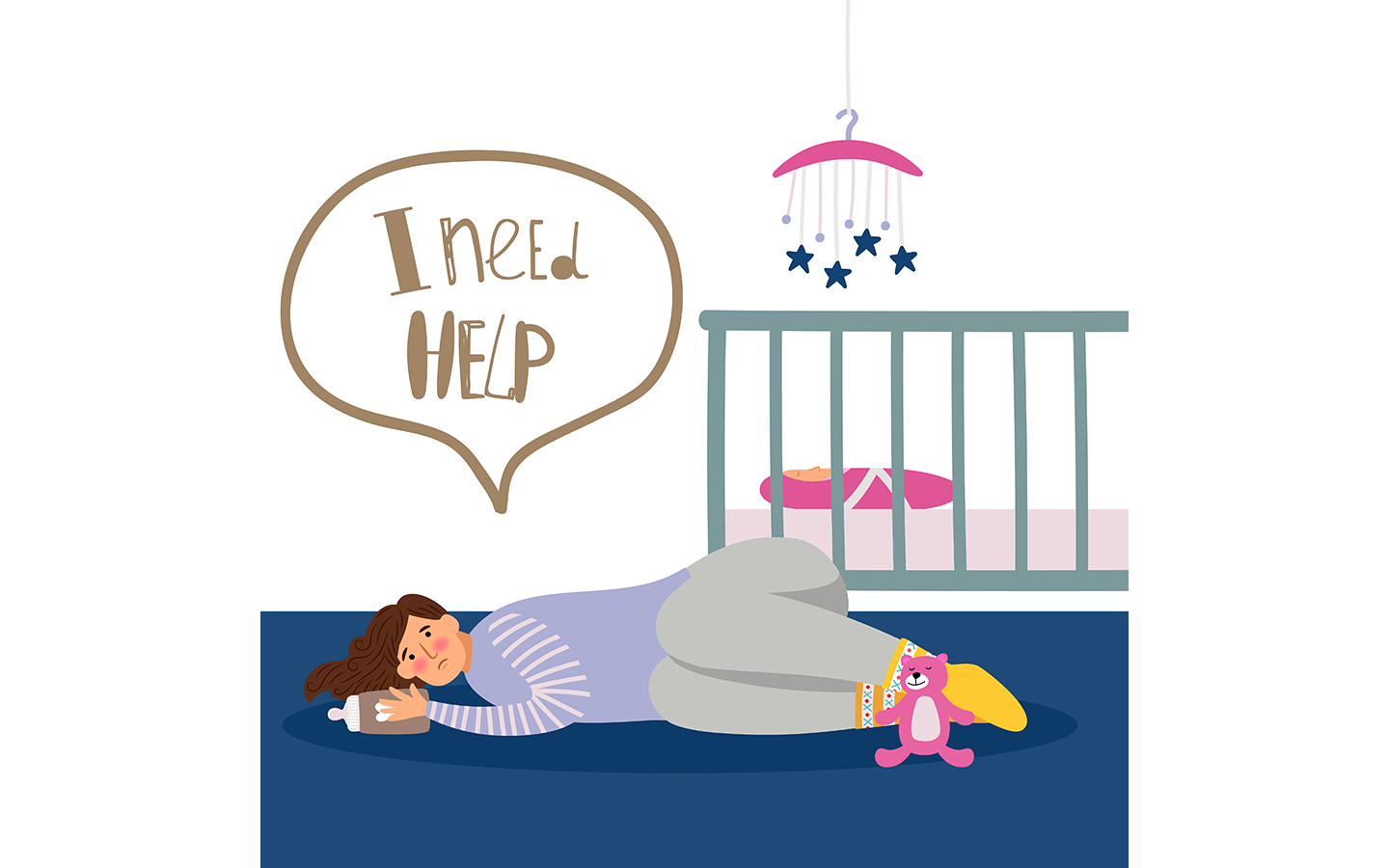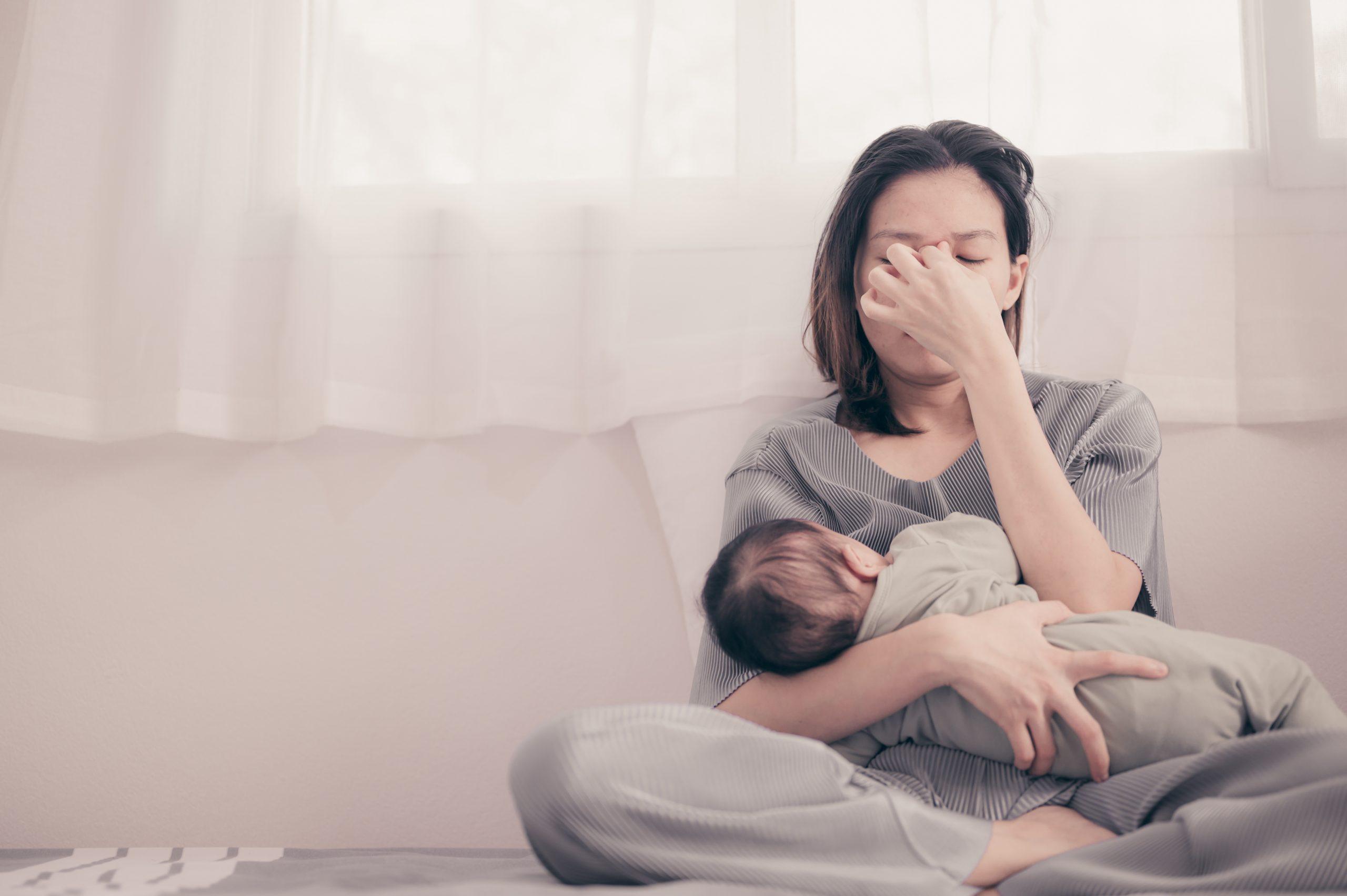Ace Info About How To Handle Post Partum Depression
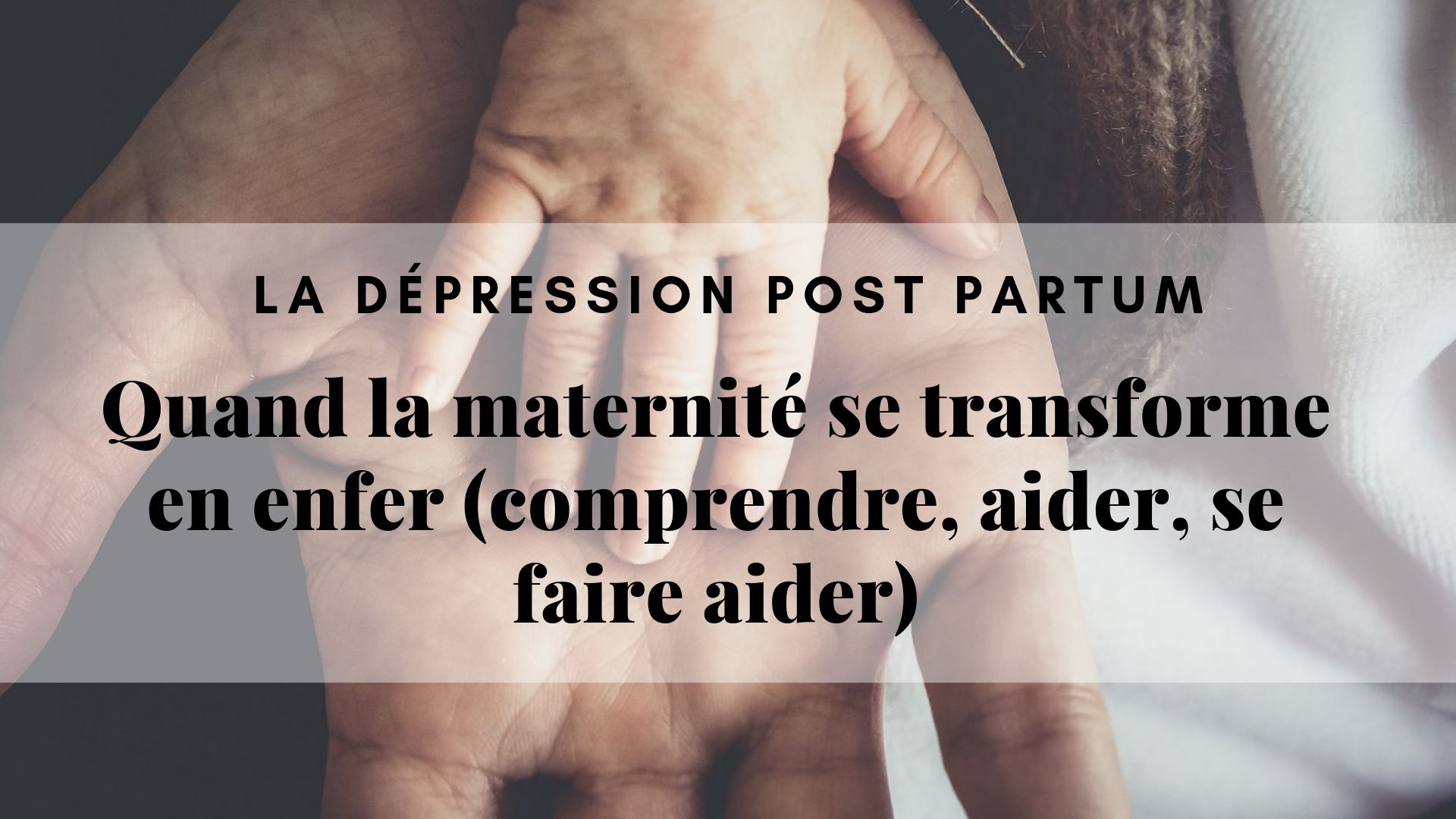
Sometimes it's simply a complication of giving birth.
How to handle post partum depression. How is postpartum depression treated? Learn about the symptoms of postpartum depression. Sources to learn more about postpartum depression and access educational resources, visit our talking postpartum depression campaign page.
Postpartum depression is not a character flaw or a weakness. With extra help caring for the newborn and emotional support for the mother, these feelings usually pass. I have a history of depression.
It may help to talk through your concerns with a psychiatrist, psychologist or. If these mood changes last more than 2 weeks, you may have postpartum depression. Social strategies while nobody wants to be deal with postpartum depression, receiving a diagnosis can actually be a welcome relief in some ways.
Build a secure bond with your baby. Postpartum depression as early as possible. Depression is a medical condition that requires treatment.
Other symptoms may include trouble sleeping and poor appetite. Still, getting into the habit of eating nutritious. Severe postpartum depression and postpartum psychosis are health emergencies and should be treated as such.
Healthy eating alone won’t cure ppd. Dealing with postpartum depression 1. 7 ways to cope with postpartum depression 1.
Causes, symptoms, risk factors, and treatment options. It’s not the same as the baby. Like all kinds of depression.
Postpartum depression lasts for weeks or months and tends to be more intense. Author information and affiliations last update: Emotional bonding is the secure attachment that forms between parents and.
If you have postpartum depression, prompt treatment can help you manage your symptoms and help you bond with your baby. Postpartum depression is often treated with psychotherapy — also called talk therapy or mental health counseling — medicine or both. Most people with postpartum depression feel very sad or hopeless and stop finding pleasure in life.
Continuing education activity around one in seven women can develop postpartum depression (ppd). Postpartum depression is a mental health condition that presents with symptoms of depression right after giving birth and may last a long time if it goes untreated. Contents overview symptoms and causes diagnosis and tests management and treatment prevention outlook / prognosis living with additional common questions


